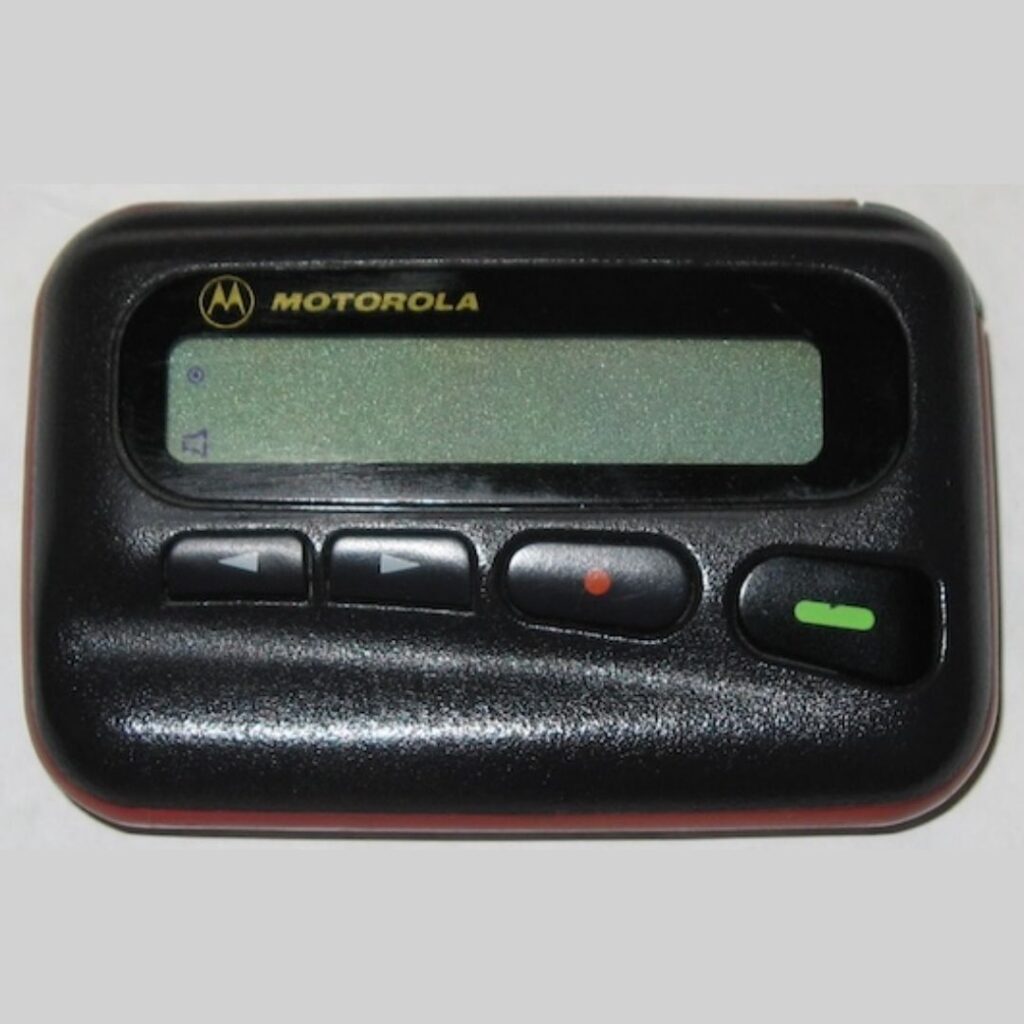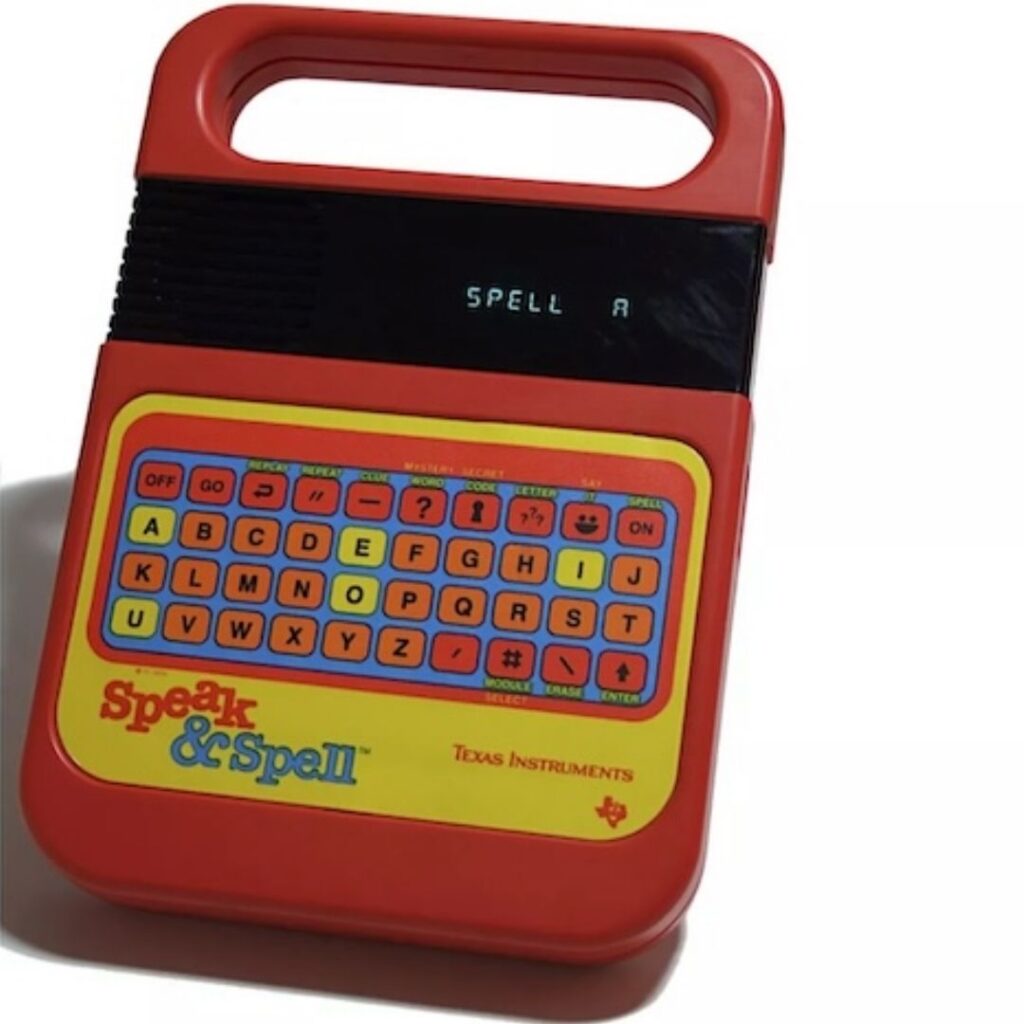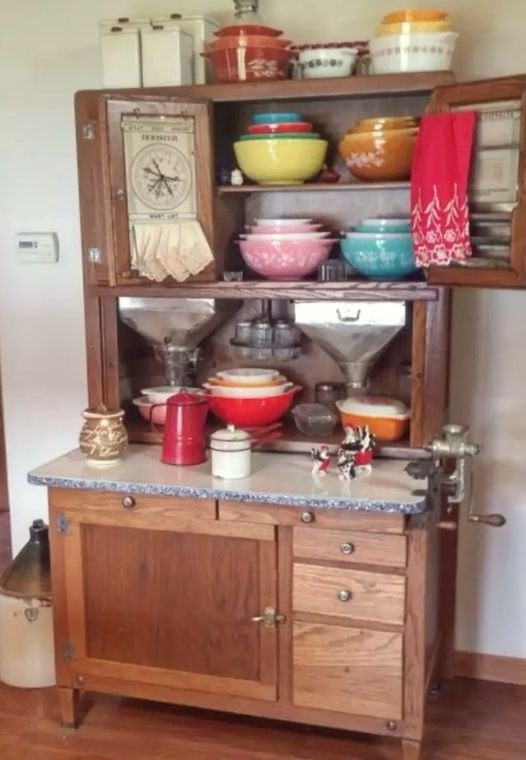Life often presents us with choices that are more complex than they initially appear. In a thought-provoking image, a prisoner is faced with a decision between a loaf of bread and a key. At first glance, it seems obvious that the key would be the logical choice, offering a chance at freedom. However, the prisoner chooses the bread. This decision, though surprising, carries deeper philosophical meaning. Let’s delve into the reasoning behind this puzzling choice.

The Scenario: A Deceptive Choice
Imagine a prisoner trapped in a cell, presented with two objects: a loaf of bread and a key. The bread offers immediate sustenance, while the key symbolizes the potential for freedom. Surprisingly, the prisoner opts for the bread. Why would he choose nourishment over escape? This scenario challenges our assumptions and invites us to explore the deeper implications of his choice.
Analyzing the Puzzle: Immediate Needs vs. Long-Term Goals
The prisoner’s decision to choose the bread over the key highlights the tension between immediate needs and long-term aspirations. The bread represents survival, a basic human necessity, while the key offers the possibility of freedom. However, the choice is not as straightforward as it seems.
Immediate Survival: The bread provides immediate nourishment, which is essential for the prisoner’s survival. Without food, the prisoner may not have the strength or energy to even attempt an escape. This choice suggests a prioritization of present needs over future possibilities. The prisoner’s decision reflects a survival instinct that prioritizes sustaining life over the uncertain benefits of freedom.
Unstable Freedom: Choosing the key would mean the prisoner is taking a risk. Even if he manages to unlock the cell, his freedom would be illegal, making him a fugitive. The fear of being recaptured and facing potentially harsher consequences may lead the prisoner to choose the bread, which offers a guaranteed benefit in the form of sustenance. The key, while symbolizing freedom, also represents uncertainty and danger.

Philosophical Perspectives: A Reflection on Human Nature
This scenario can be viewed through a philosophical lens, reflecting on human nature and the complexities of decision-making.
Survival Instinct: At the core of the prisoner’s choice is the instinct for survival. In situations where basic needs are threatened, humans tend to prioritize immediate survival over abstract ideals like freedom. The bread, in this context, represents life itself. The prisoner’s choice underscores the fundamental importance of sustaining life before pursuing higher aspirations.
Human Nature and Immediate Gratification: The decision to choose the bread over the key also touches on a common aspect of human nature: the preference for immediate, tangible benefits over uncertain future rewards. This puzzle mirrors the everyday choices we make, often opting for what is immediately available and certain, rather than risking it for something potentially greater but uncertain.
Deeper Implications: The Value of Life and the Uncertainty of Freedom
The prisoner’s choice reveals deeper truths about human values and the complexities of decision-making.
The Value of Life: By choosing the bread, the prisoner emphasizes the intrinsic value of life. Without the basic sustenance that the bread provides, the key becomes meaningless because the prisoner wouldn’t survive long enough to use it. This choice highlights the fundamental human need for life-sustaining resources before considering abstract concepts like freedom.
The Uncertainty of Freedom: While the key symbolizes escape and freedom, it also comes with uncertainties. The prisoner doesn’t know if the key will work or what challenges lie beyond the cell door. There could be guards, locked gates, or other obstacles that render the key useless. In contrast, the bread offers a definite benefit, making it a safer and more rational choice in the immediate context.

Conclusion: A Profound Commentary on Human Priorities
The prisoner’s choice of the bread over the key serves as a profound commentary on human priorities and the complexities of decision-making. It forces us to consider what we truly value: immediate survival or the pursuit of greater, yet uncertain, aspirations. This puzzle challenges us to think deeply about our own choices, the factors that influence them, and the balance we strike between meeting our immediate needs and striving for future possibilities.





